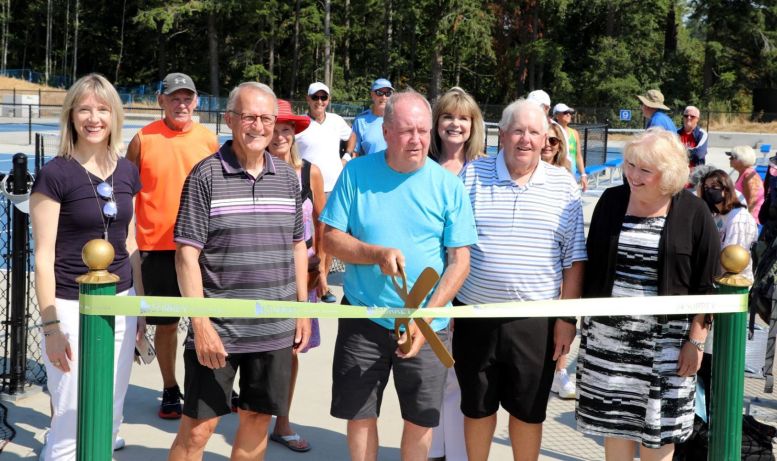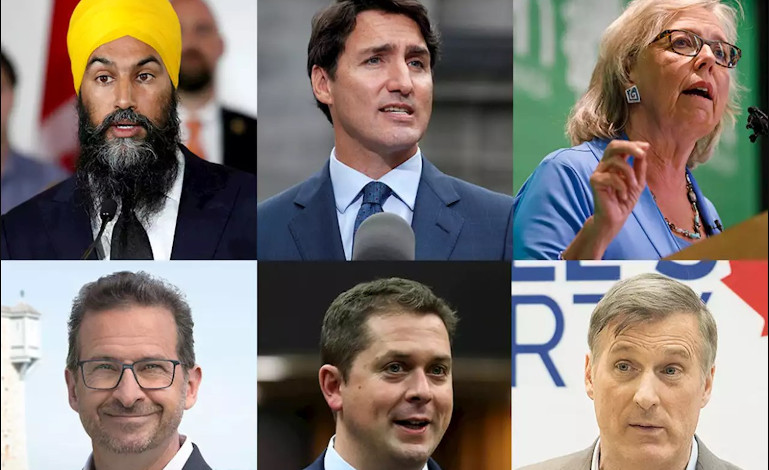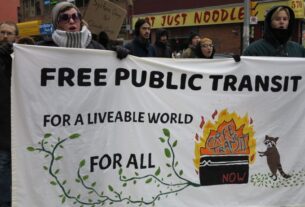Doug McCallum was defeated as Surrey Mayor, losing to former colleague Brenda Locke. Locke has promised to reverse the establishment of a separate Surrey police force, which will add further burden Surrey’s budget. Neither the RCMP nor Surrey Police is the answer, what is needed is democratic control over the police. Locke on other issues offers no real changed from McCallum’s policies as explained in the article written before the election results.
Municipalities in British Columbia will elect new governments on October 15. The city of Surrey, BC’s second largest, is set to elect a mayor, eight city councillors and six school trustees, and the options are virtually zero for working-class Surreyites who want pressing needs such as housing, accessibility, and environmental sustainability addressed.
There is no shortage of well-known names on the ballot — each of the five main mayoral candidates are veteran politicians. The list is headed by incumbent mayor Doug McCallum and his Safe Surrey Coalition party, who were elected to a council majority in 2018 partly due to voters wanting a change from the then-dominant Surrey First party, and partly due to Safe Surrey’s pledge to switch the city’s policing responsibilities from the RCMP to a new, municipally-controlled Surrey Police Service (SPS). McCallum is now running for re-election on the platform of “finishing the job” of the long-drawn-out transition, as well as more rapid transit and the out-of-nowhere announcement that Surrey should build a new 60,000-seat stadium in the Fleetwood neighbourhood along the planned SkyTrain extension, a stadium which would have no sports team to use it.
Much of the election has focussed on McCallum’s personality and his bizarre antics, most especially the extended fallout from a September 2021 incident in which the mayor claimed that a pro-RCMP organizer ran her car over his foot in a Save-On-Foods parking lot. He was subsequently charged with public mischief for allegedly lying about the encounter. This melodrama and others, including McCallum banning all sorts of perceived opponents to his plans from attending city council meetings, has allowed each of his mayoral challengers to avoid much talk about concrete proposals and instead focus on some form of bringing “respectability” and “comity” back to city hall.
Brenda Locke and two other councillors, elected on the Safe Surrey banner in 2018, split from the party the following year due to McCallum’s autocratic leadership and launched the Surrey Connect party in 2020. That party is running Locke as its mayoral candidate but has no significant political differences with McCallum aside from a desire to reverse the SPS transition and bring back the RCMP. McCallum has bulldozed forward on his plan despite massive cost overruns and significant public opposition. To be clear, the issue of whether a local police force is federally or municipally controlled is of little consequence when there is nearly nothing in the way of democratic oversight, as is the case with both the RCMP and SPS. The current parties are nowhere close to talking about police defunding and are trying to outcompete each other on the terrain of who can hire more cops.
Liberal MP Sukh Dhaliwal and former White Rock mayor Gordie Hogg are running for the United Surrey and Surrey First parties, respectively, and like Surrey Connect neither of them offers any significant change from the pro-developer, anti-worker, anti-renter status quo. There is even a fledgling right-wing party, People’s Council of Surrey (PCS) which is running on a law-and-order platform, which also includes attacks on LGBTQ kids through opposition to the provincial Sexual Orientation and Gender Inclusivity (SOGI) school program.
A different path from all of these could have been taken by the new Surrey Forward party, officially registered in April 2022. Launched by local NDP partisans, it has unfortunately but not surprisingly followed the path of its provincial and federal counterparts by straightaway racing to the already overcrowded political middle. The campaign launch announcement of its mayoral candidate, BC NDP MLA Jinny Sims, contained almost no politics whatsoever — in an interview with Postmedia she said, “In order to have the best governance for Surrey, we need to build bridges. And I can tell you that’s where my focus is going to be, to bring people together to find solutions that work for everyone.” Meaningless statements like these have been the norm for most of the candidates most of the time in this election.
On the ever-urgent issue of housing, there is no clear direction towards genuine affordability or social housing. The candidates either use foreign buyers as scapegoats, or focus on the supply side of things where they promise to speed up permits, etc. Simms and McCallum do mention affordable housing in their platforms, but how they plan to get there is left deliberately unclear.
On issues of taxation and funding of services, all we see are classic neoliberal proposals such as lower property taxes or, in some cases, a tax freeze (as proposed by Dhaliwal), combined with new amenities that will barely keep up with the city’s rapidly growing population. There is no radical proposal such as a mansion tax which might impact the millionaires of South Surrey and Cloverdale to build housing for working-class families across the city.
It is disappointing how utterly dull the proposals put forward by the candidates are to address the multiple issues faced by the city. It is an overload of either centrist or right-of-centre candidates, content to tinker with tired neoliberal policies. There is no leftist — let alone socialist — alternative to speak of on offer. It is rather an election of who is least uninspiring among a platoon of uninspiring candidates.
The second largest city in the province and one of the fastest growing in the country, requires much better. In the future, it will need socialist campaigns that develop grassroots presence and fight for the working class of the city, and not simply pander to the established order by career politicians. Far from shovelling hundreds of millions more dollars to police — whether RCMP or SPS — we must drastically cut police funding and use that money to attack crime’s root causes, such as inadequate housing and the mental health crisis.
In the near term, Socialist Alternative in Surrey will continue to organize for the social housing that is desperately needed — if you are in Surrey or any other city in the country where this fight and others like it matter to you, join us.



